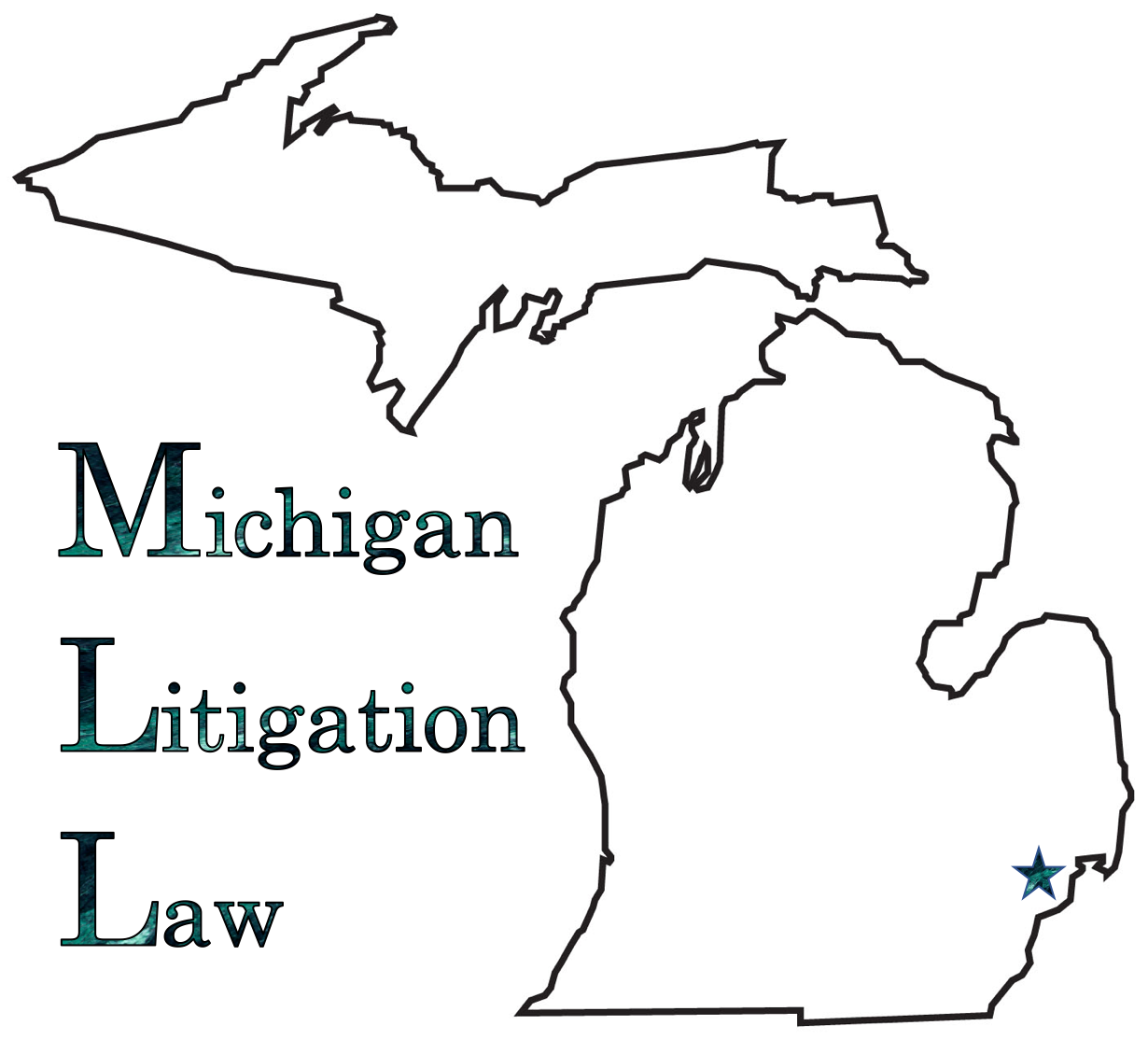The exclusionary rule provides that evidence illegally obtained is a “fruit of the poisonous tree” and may not be admitted at trial. The Fourth Amendment prohibits unreasonable searches and seizures, and violation of this prohibition should result in the suppression of evidence illegally obtained. Wong Sun v United States, 371 US 471 (1963); Mapp v Ohio, 367 US 643, 655 (1961) (exclusionary rule applicable to state prosecutions); Weeks v United States, 232 US 383, 397 (1914) (exclusionary rule is applicable to federal prosecutions).
The purpose of the exclusionary rule is to deter the police from violations of constitutional and statutory protections. Nix v Williams, 467 US 431, 442–443 (1984).
There is an exception to the exclusionary rule where an officer acted in “good faith” and his or her conduct was objectively reasonable. The so-called good faith exception is an exception to the exclusionary rule, not the warrant requirement. United States v Leon, 468 US 897, 924–925 (1984); People v Goldston, 470 Mich 523, 682 NW2d 479 (2004). However, an officer’s erroneous understanding of the law is not excused based on the good faith exception. United States v Lopez-Soto, 205 F3d 1101, 1106 (9th Cir 2000).

